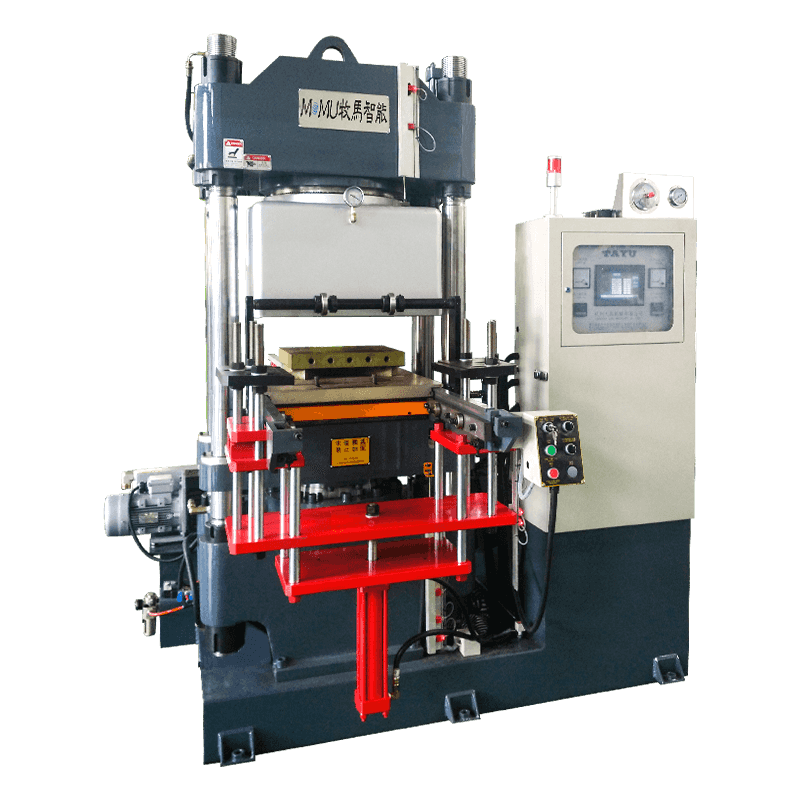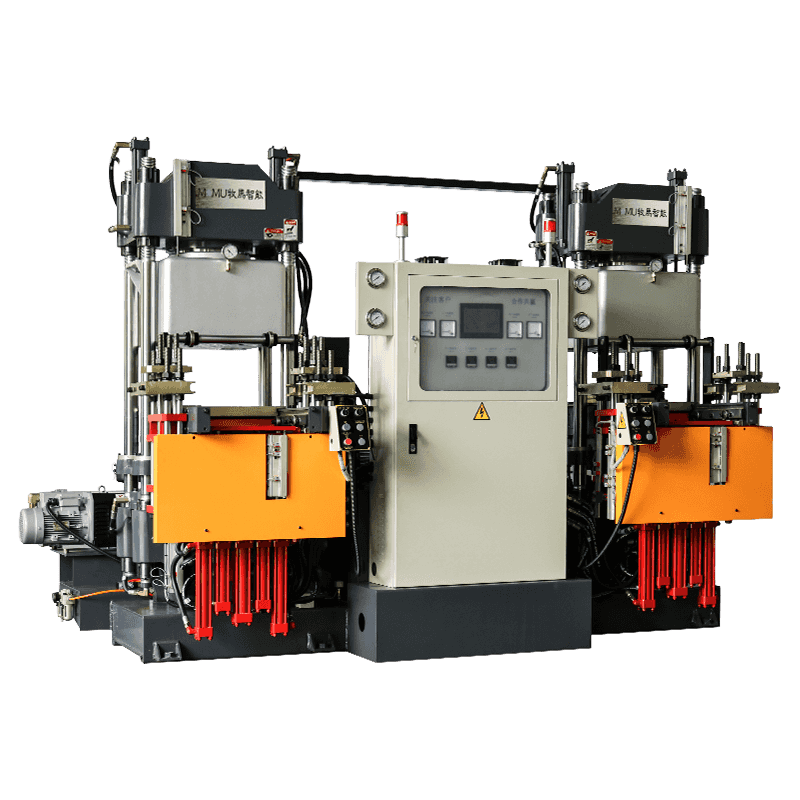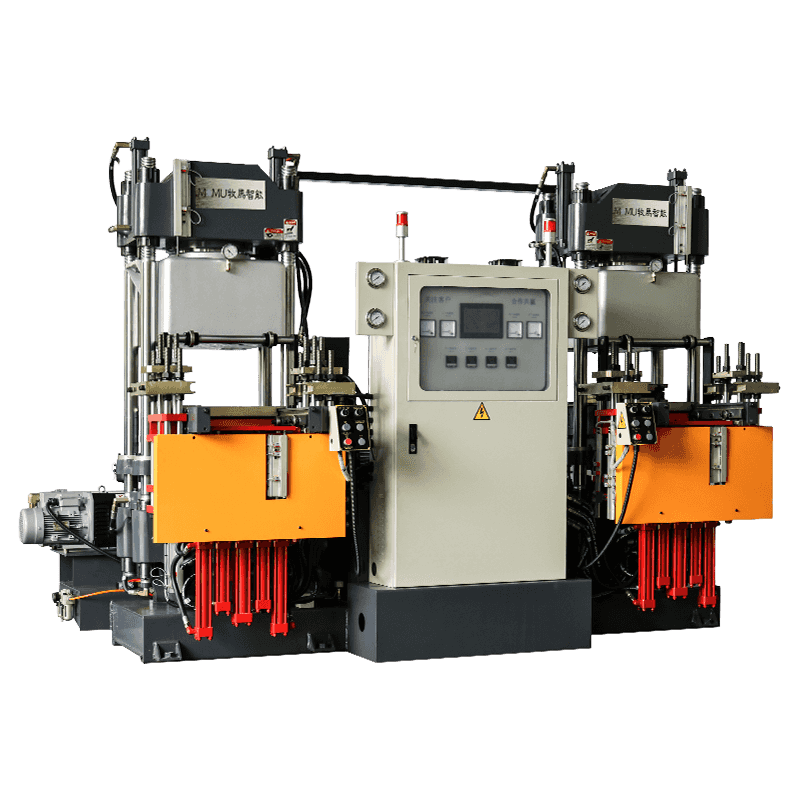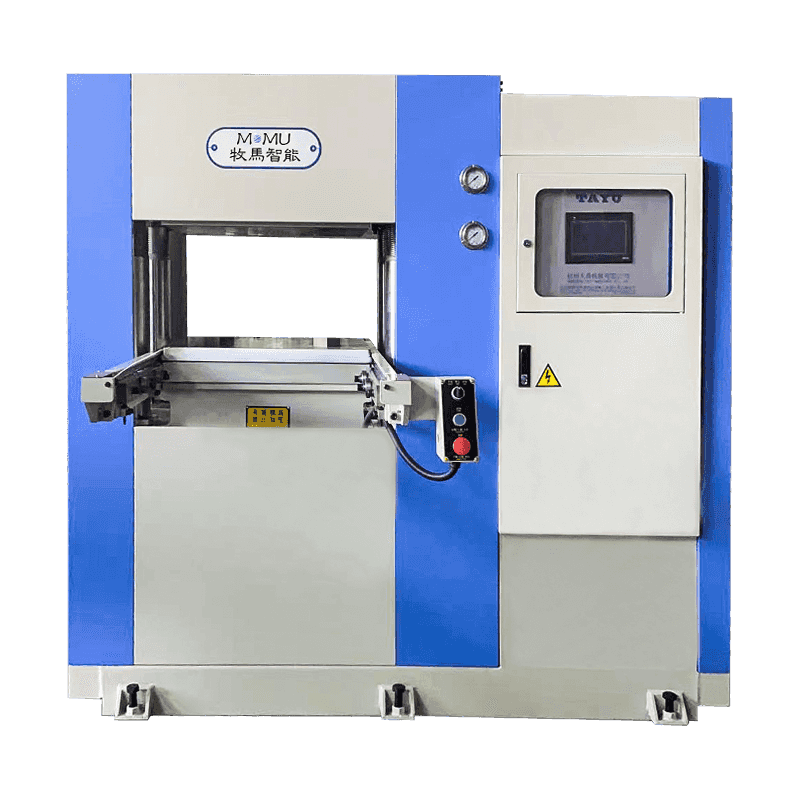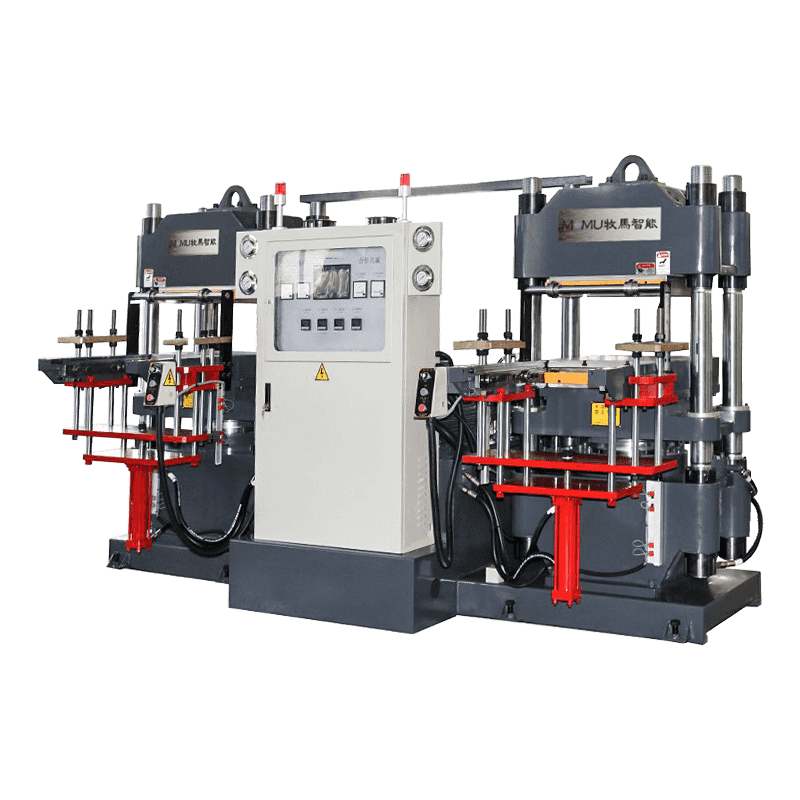An insulator machine plays a crucial role in the manufacturing and processing of electrical insulators, which are essential components in electrical power systems. These machines are designed to produce high-quality insulators that help isolate and protect electrical conductors, preventing unwanted flow of electricity and ensuring safety in electrical networks. Whether for high-voltage power lines, transformers, or other electrical equipment, the insulator machine is a critical asset in ensuring the integrity and performance of the entire power system.
One of the most significant features of an insulator machine is its ability to deliver precision in the manufacturing process. Insulators must meet stringent electrical and mechanical performance standards, and any variation in their design could compromise their effectiveness. Modern insulator machines are equipped with advanced control systems that allow for highly accurate production, ensuring each insulator meets the required specifications for size, shape, and material composition.
This precision is especially important for high-voltage applications, where even a small defect in an insulator could lead to electrical arcing or failure. With insulator machines, manufacturers can consistently produce insulators with the necessary electrical resistance and mechanical strength to withstand harsh operating conditions.
Insulator machines are designed for high-speed, automated production, significantly increasing efficiency compared to manual or semi-automated methods. These machines typically feature automated handling systems that manage the loading, forming, and processing of materials, such as ceramics, glass, or polymers, which are commonly used for insulators.
![]()
The efficiency of these machines allows for large-scale production, meeting the demands of industries that require high volumes of insulators for electrical grid expansion, maintenance, or upgrades. Additionally, many modern machines are capable of producing different types of insulators (such as pin-type, suspension, and post insulators) by simply adjusting the machine's settings, which adds versatility to the manufacturing process.
The insulators produced by insulator machines are designed for long-term durability and performance. These machines incorporate state-of-the-art molding, pressing, and curing technologies that ensure the material used is processed under optimal conditions, leading to insulators that can withstand mechanical stress, extreme temperatures, and exposure to environmental factors such as moisture, UV radiation, and pollutants.
For example, insulator machines used to produce ceramic insulators typically include high-temperature kilns that ensure the proper vitrification of the ceramic material, resulting in a highly dense and durable product. This ensures that the insulators can maintain their electrical insulating properties over decades of service, even in harsh outdoor environments.
Quality control is a vital part of insulator production, and many modern insulator machines come equipped with automated inspection systems. These systems use technologies such as vision systems, sensors, and non-destructive testing methods to detect any defects in the insulators as they are produced.
For instance, the machine may automatically check for cracks, uneven surfaces, or inconsistencies in the material composition, rejecting any insulators that do not meet the set quality standards. This real-time quality control helps reduce waste, improve overall product quality, and ensure that only insulators meeting the highest standards are shipped to customers.
Many of today’s insulator machines are designed with energy efficiency in mind, which is especially important given the energy-intensive nature of insulator production. Advanced insulation technologies and energy-efficient motors are commonly used in these machines to reduce power consumption. Additionally, insulator machines are designed to minimize waste during the production process, such as reusing materials or reducing scrap.
For manufacturers focused on sustainability, these machines can be an essential part of reducing the environmental impact of their production processes. Energy-efficient insulator machines also help reduce operating costs, making the production of insulators more cost-effective over time.
Insulator machines are highly customizable, allowing manufacturers to tailor the machines to meet specific production requirements. Depending on the type of insulators needed (e.g., for high-voltage transmission lines, distribution networks, or specialized applications in transformers and switchgear), the machine’s settings and configuration can be adjusted to optimize the production process for those particular insulators.
This flexibility makes insulator machines suitable for a wide range of industries, including power generation, transmission, and distribution, as well as other sectors that rely on electrical insulation, such as transportation and heavy industrial equipment manufacturing.
The safety of operators is a primary concern in industrial manufacturing, and modern insulator machines are designed with a range of safety features to protect workers. These may include automated shutdown systems in case of a malfunction, protective barriers, and ergonomic designs that reduce the risk of injury during operation.
The automated nature of insulator machines reduces the need for manual intervention, lowering the chances of human error and ensuring a safer working environment.
